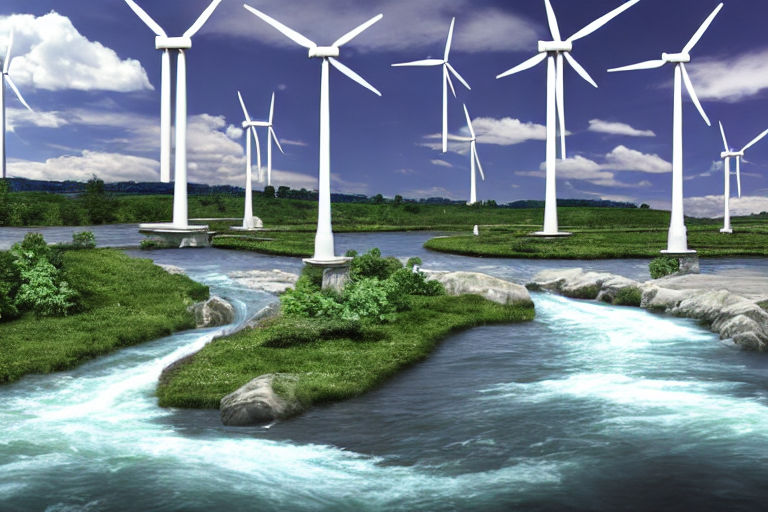The Future of Renewable Energy: Harnessing the Chaotic Behavior of Natural Systems
Renewable energy has grown massively in recent years, but there is still a long way to go in the quest for a sustainable future. However, the study of complex systems has led to new perspectives on how to harvest renewable energy more efficiently by using the chaotic behavior of natural systems.
The most significant advantage of renewable energy is the fact that it is endlessly renewable. The energy provided by the sun, waves, wind, and geothermal sources will continue to be available no matter how much of it is used. The challenge today is simply to find new, innovative ways of using that energy to power all aspects of modern life.
One promising approach is to focus on the complex and chaotic behavior of natural systems, such as weather patterns or the flow of water in rivers. By studying how these systems behave, we can identify patterns and use that knowledge to develop more efficient methods of harnessing energy.
For example, ocean waves are highly chaotic, with a lot of energy distributed across many different frequencies. Traditional wave energy conversion systems have struggled to capture this energy efficiently, but new methods based on chaos theory may hold the key to unlocking more energy from the waves.
Similarly, the flow of water in a river can be highly unpredictable, but by using turbines that are designed to respond dynamically to changes in flow, we can generate more energy from the same amount of water.
Harnessing chaotic natural systems for renewable energy is not without its challenges. Many of these systems are highly dynamic and difficult to predict, which can make it challenging to design efficient energy generation systems. However, recent advances in data analytics and artificial intelligence methods are leading to new insights and methods that may overcome these obstacles.
In conclusion, the future of renewable energy is likely to involve a much more sophisticated understanding of how chaotic natural systems behave. By studying and harnessing these systems, we can develop more efficient methods of generating renewable energy that can help provide for a sustainable future.



